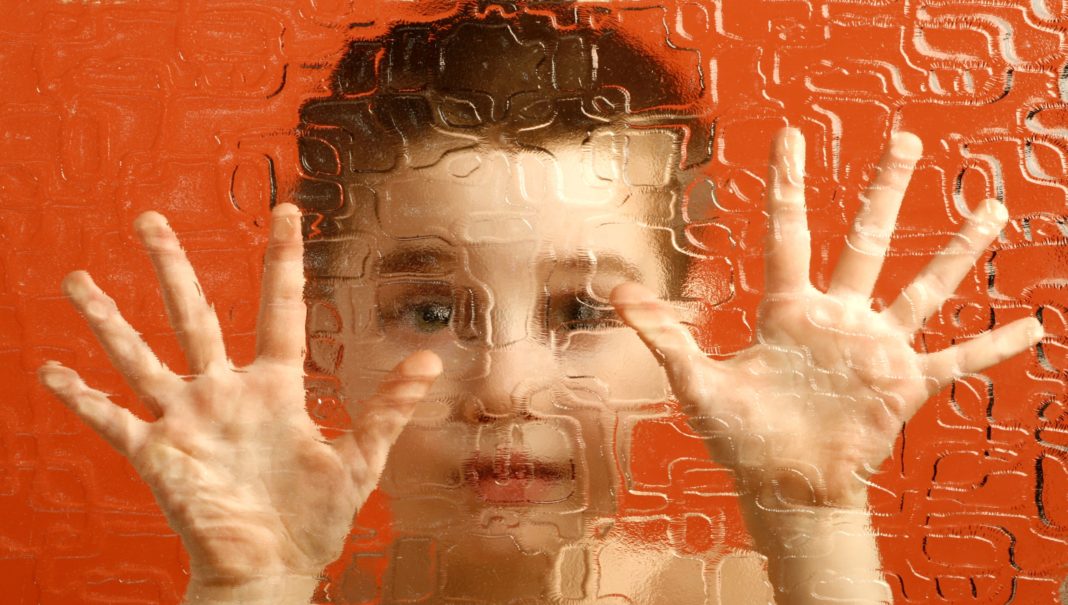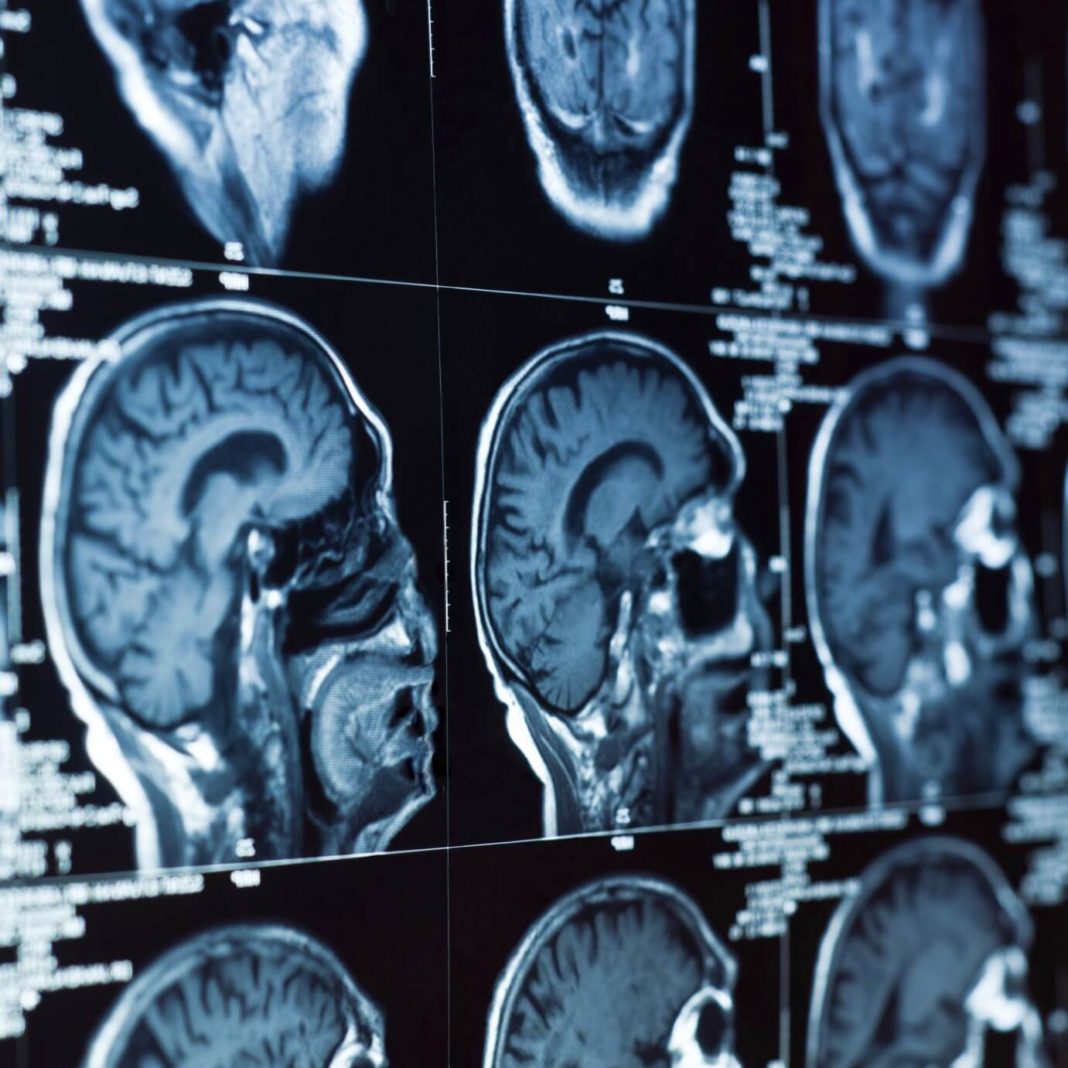Many prescription drugs are interchangeable to some extent when it comes to treating illnesses and conditions, and now scientists have discovered that certain cancer drugs could be effective in treating those diagnosed with autism. Most experts will agree that both genetics and environmental factors lead to autism. Gene mutations are categorized into two types: germline – meaning the person is born with the mutation in almost every single cell inside them, or somatic – meaning it occurred after birth and affected only a portion of the body’s cells. But, while cancer is a disease caused by somatic mutations, autism is linked to germline mutations, so to find that these two could essentially be treated with the same drug was quite surprising.
The same happened with tuberous sclerosis complex (TSC). With this condition, benign tumors start to grow in the brain and other organs which can cause seizures, and other health complications including lung and kidney disease. When autism became more recognized as an illness clinicians began to realize that it was very common among people with TSC. Even today it’s estimated that around half of people with TSC are thought to have some form of autism. A similar thing happened with RASopathies in that many people with this condition have also been diagnosed with autism or has some autism-like qualities. Figures from 2013 show that 27 percent of people with RASopathies also meet the criteria for autism.
A deeper look into patient’s genomes also led researchers to make the cancer-autism connection. Among the first patient’s that were tested one gene that was scrutinized was CHD8, which helps to arrange DNA into its chromosomes. This gene has strong ties with cancer and the researchers fond that mutations in this gene caused a kind of subtype of autism with specific physical traits prevalent such wide-set eyes and broad foreheads. Further research carried out by Janine LaSalle, an autism researcher at the University of California, confirms the prominent link between cancer genes and autism. Their studies revealed that at least 43 genes are associated with both autism and cancer.
Charis Eng is a PTEN expert at the Cleveland Clinic in Ohio and has experience in treating dozens of children with this condition. She first made the connection between cancer and autism in 2005 and teamed up with clinical psychologist Thomas Frazier too. Together they explored how PTEN mutations affect people with autism in hopes to find targeted treatments for their patients. As part of their research, the team compared 17 children who have PTEN-ASD against 16 children with autism and large heads, 38 with just autism, and 14 with no symptoms as a control group. The results showed that compared to the others, those with PTEN-ASD had lower PTEN protein levels and enlarged volumes of white matter. Also, the children themselves had slower processing skills and a poorer memory than the other children. This indicates that low PTEN levels impair cognition by enhancing white matter abnormalities.
Currently, there is no cure for either autism or cancer, but treatment for cancer is much more common. This new link provides us with a hope that there is a clear path forward in treating autism, through the help of cancer treatments. Eng and Frazier are planning to launch their next trial very soon that will involve patients taking the cancer drug everolimus (a safer alternative to rapamycin) for six months in a bid to improve their patient’s brain function. But, until the trial is over, no one knows what the results will be. Even Frazier himself said, “In a wild, wild scenario, maybe their autism symptoms get better.” So, we will have to wait and see on that one.
Although there’s not yet enough evidence to suggest that mutations in cancer genes contribute to individual autistic qualities, it can’t be ruled out until more research has been carried out. Current studies are planning to track the development of up to 100 children with PTEN-ASD, and even if they do develop some form of cancer, there are now several different drugs available that may be able to combat it, including rapamycin which is the very same drug being used in some autism treatments. Moving forward, Eng and team will carry on looking for gene variants that could be important in autism and use cancer treatments as a way of hopefully combating them. Eng says, “Some drug companies may have these therapies already. Maybe there’s a drug they’ve shelved because it didn’t work as they’d hoped, and voila, it targets the underlying mechanism we don’t even yet know exists.”
More News To Read
- Scientists Have Found a New Form of Hydrogen
- Will We Ever See a Universal Flu Vaccine Developed Within our Lifetime?!…
- Protect Yourself on Facebook By Following These Handy Tips
- Does Our Appendix Really Hold Any Purpose? Scientists Have Discovered It’s Really Important
- A Brand New Challenge Comes to Us in the form of Asteroid Mining











